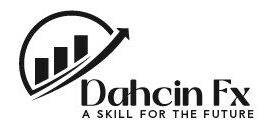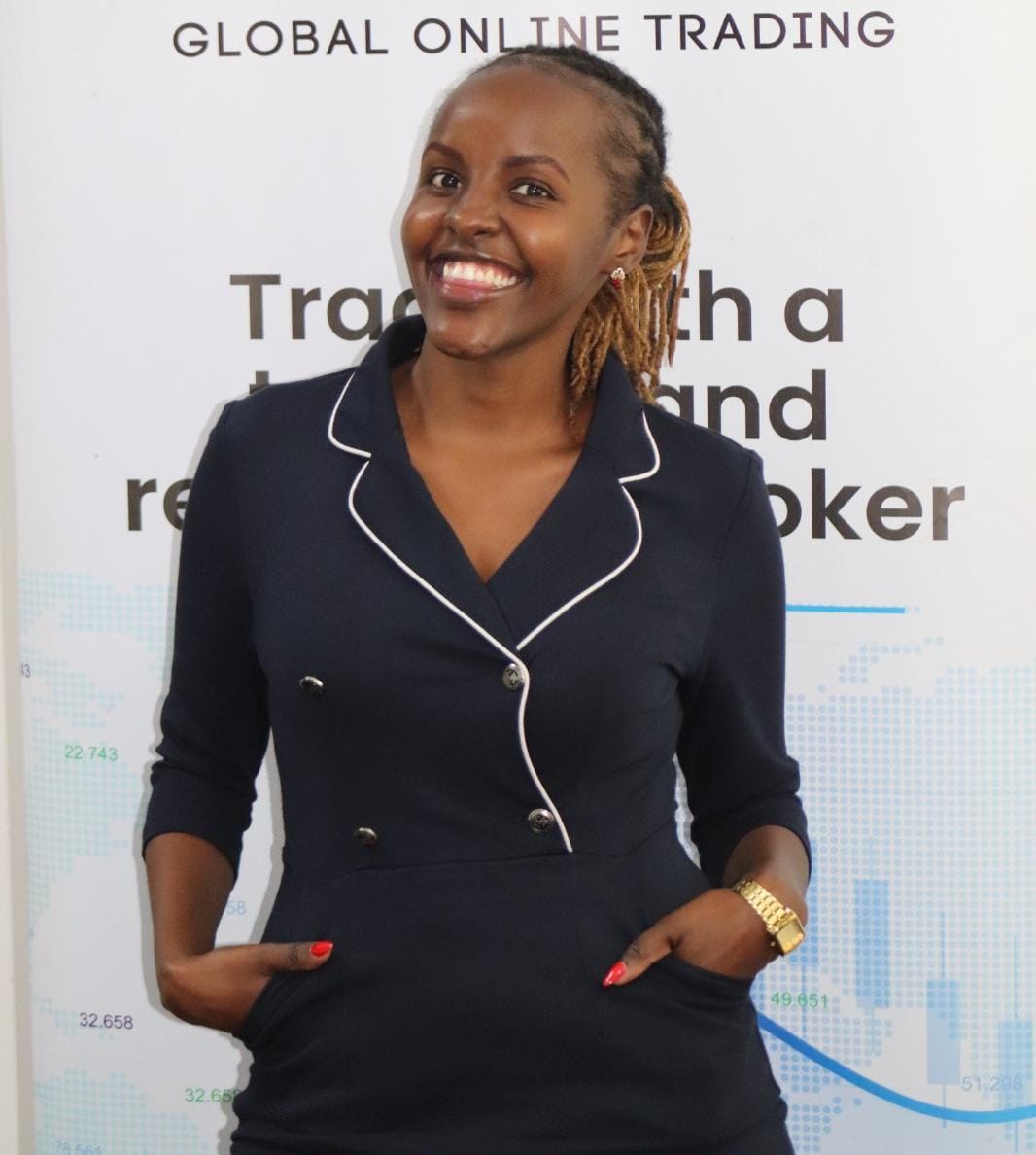Forex Market Overview
Over $7 billion is traded on the forex (FX) market every day. Here’s a look at the major players:
Who are the Forex Players?
– Commercial Banks
– Governments and Central Banks
– Hedge Funds
– Retail Traders
– Brokers
Commercial Banks
Role: These are large banks like JPMorgan Chase and Citibank. They provide services like loans and accounts to people and businesses.
Actions: They trade huge amounts of money in the forex market to protect against risks (hedge) and make profits. They also help their customers trade currencies.
Impact: They are some of the biggest players and provide lots of money flow (liquidity) in the market. They see money coming in from various sources, giving them an advantage.
Governments and Central Banks
Role: Governments and central banks, like the Federal Reserve in the US, manage the value of their country’s currency to keep the economy stable.
Actions: They change interest rates, manage currency reserves, and sometimes directly influence exchange rates. For example, they might buy or sell their own currency to change its value.
Impact: They intervene to keep their currency at a desired level, especially in countries with fixed exchange rates.
Hedge Funds
Role: These are investment groups that pool money from investors to make large trades and try to earn high returns.
Actions: Some hedge funds focus on currency trading, while others might trade to protect against currency risk when they invest in foreign assets.
Impact: Because they control large amounts of money, their trades can significantly affect currency prices.
Brokers
Role: Brokers act as middlemen, helping people and institutions buy and sell currencies. Example BDSwiss,HFM, IC Markets etc..
Actions: Retail brokers often act as market makers, meaning they take the opposite side of their clients’ trades or match them internally.
Retail Traders
Role: These are individual people who trade currencies to try to make profits.
Actions: They buy and sell currencies using brokers’ platforms, often trading small amounts compared to institutions.
Impact: Though each trade is small, the large number of retail traders adds up, especially during major economic events.
Control and Regulation
Control: The forex market is decentralized, meaning no single entity controls it. However, large commercial banks and central banks have significant influence because of their large trading volumes.
Regulation: Different countries have their own regulatory bodies to oversee forex trading. For example, the Financial Conduct Authority (FCA) regulates forex trading in the UK. These bodies set rules to protect traders and ensure fair practices.

